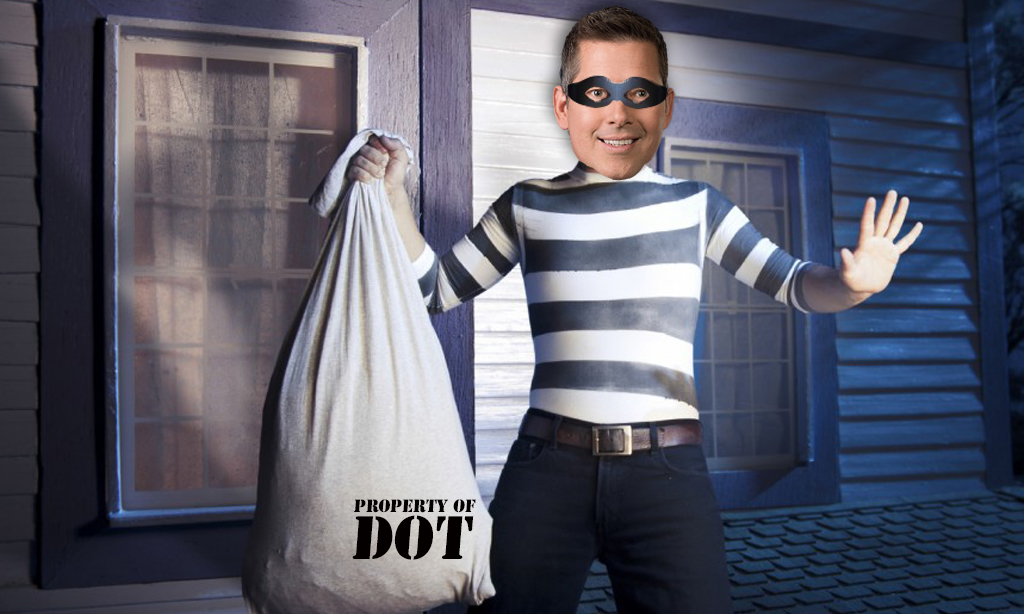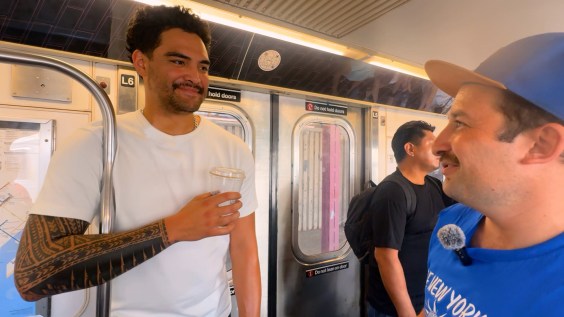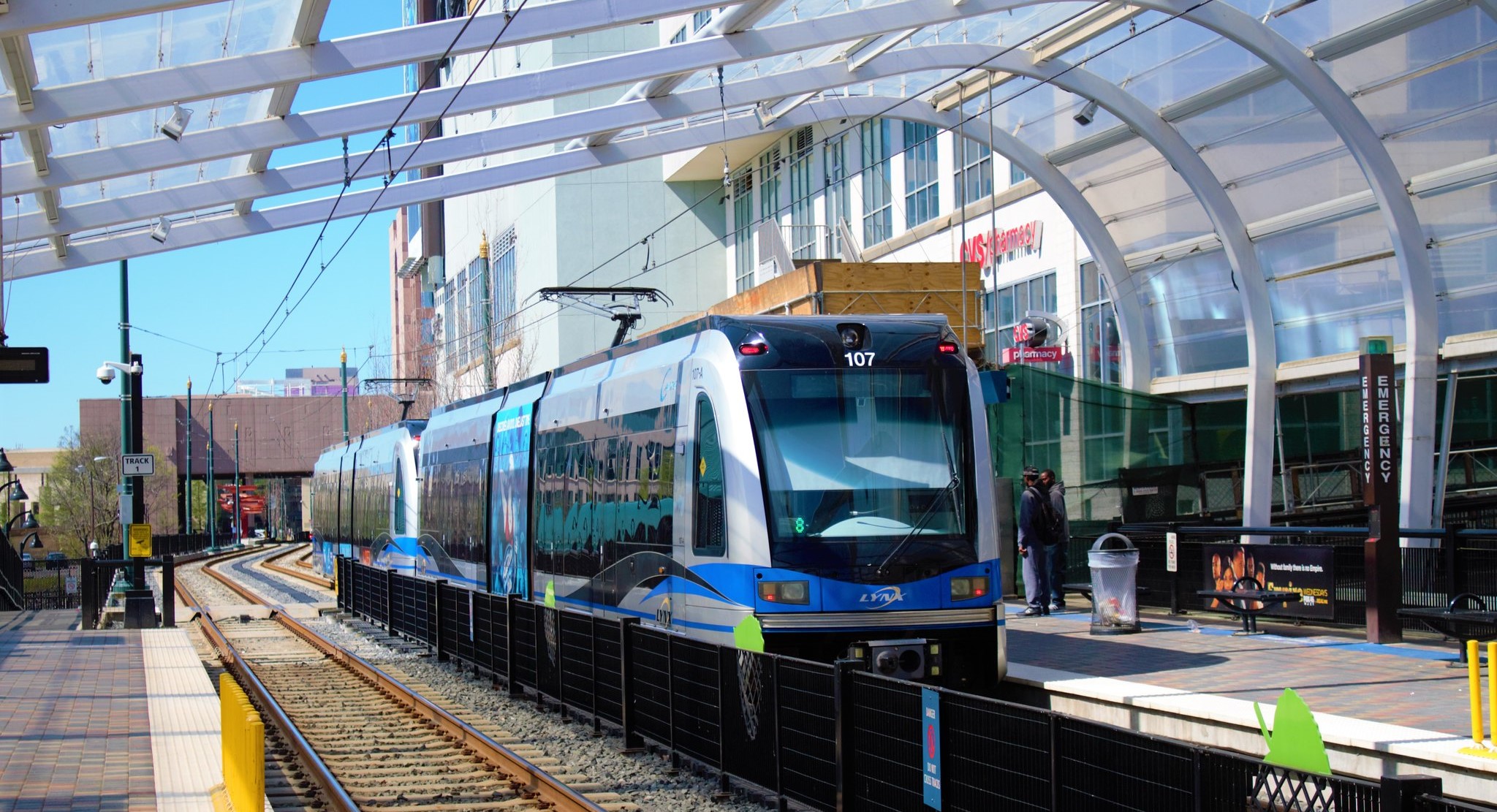The first phase of the lame duck ends today. Has Congress done the heavy lifting of finding consensus on extending tax cuts, or unemployment benefits, or Medicare physician payments, or the surface transportation authorization, or the federal budget?

No. But they named a few post offices. And they re-elected their same leaders to keep on leading them. And the emboldened Republicans have made it clear they’re steering toward a ban on earmarks, a sign to the electorate that they’re going to tackle the “wasteful spending” they lambasted during the campaign. (Their effort to start by eliminating funding for NPR was quickly disposed of today.)
Tea Party darling Michele Bachmann (R-MN) has taken a hard line against earmarks in her second term, after getting nearly $4 million in earmarks her first term. "It's all bad, as far as I'm concerned," she told Fox News this spring. "All this pork is bad."
This week, she told the Minnesota Star Tribune that she wants to redefine earmarks so that they don’t include transportation earmarks. Meaning, she wants an absolute ban on earmarks, except the ones she really, really likes. “Advocating for transportation projects for one’s district, in my mind, does not equate to an earmark,” she said.
Actually, that’s exactly what an earmark is, and that’s why they’ve been so controversial. They’re one of the primary ways that the legislative branch exercises control over spending. Many lawmakers see them as indispensable, since, they assert, they know better what the needs are in their districts than federal bureaucrats in Washington.
But Bachmann says, “"I don't believe that building roads and bridges and interchanges should be considered an earmark... There's a big difference between funding a tea pot museum and a bridge over a vital waterway."
Interesting choice of targets for a Tea Partier. Incidentally, the museum she’s referring to is North Carolina’s Sparta Teapot Museum, which closed its doors early this year. A few years back there was some brouhaha surrounding a half-million dollar federal grant that was approved but, in the end, not spent.
In any case, Bachmann’s carve-out for transportation earmarks is somewhat endearing – after all, it shows the importance she gives to infrastructure investment, even if she does only mention roads and bridges. But it also shows she’s committed to an old and broken system for appropriating money.
“The transport program has always been characterized by a desire to have less federal involvement,” Robert Puentes of the Brookings Institution told Streetsblog today. “And that’s what we’ve done over the last couple years, is to whittle away the federal role, and what we’re left with is 6,300 earmarks.”
Meanwhile, he says, discretionary grant programs like TIGER have been able to target programs of national and regional significance and so are actually more consistent with fiscally conservative principles than earmarks. “They adhere to the mandate these guys are coming in with,” he said. “Better spending, more targeted spending, not wasting money – it hits all these things that they, abstractly, want to do.”
Michele Bachmann’s exemption for transportation earmarks may sound crazy, Puentes says, “But that’s how a lot of folks think about the transport system.” He says people treat transportation earmarks separately, “like if a member’s requesting it, it is therefore a matter of national significance, a high priority project.”
He’d rather switch to performance-based funding for projects that will actually help bring us into a 21st century transportation system and not just bring home the bacon for one member’s district.





